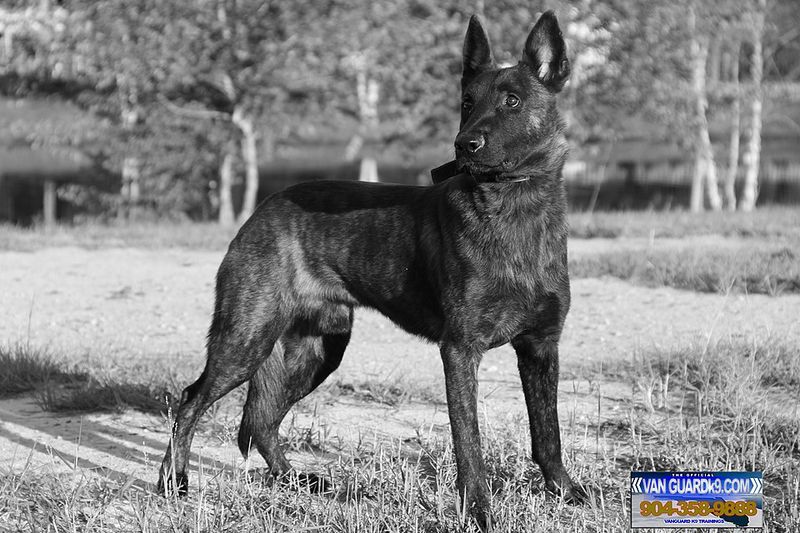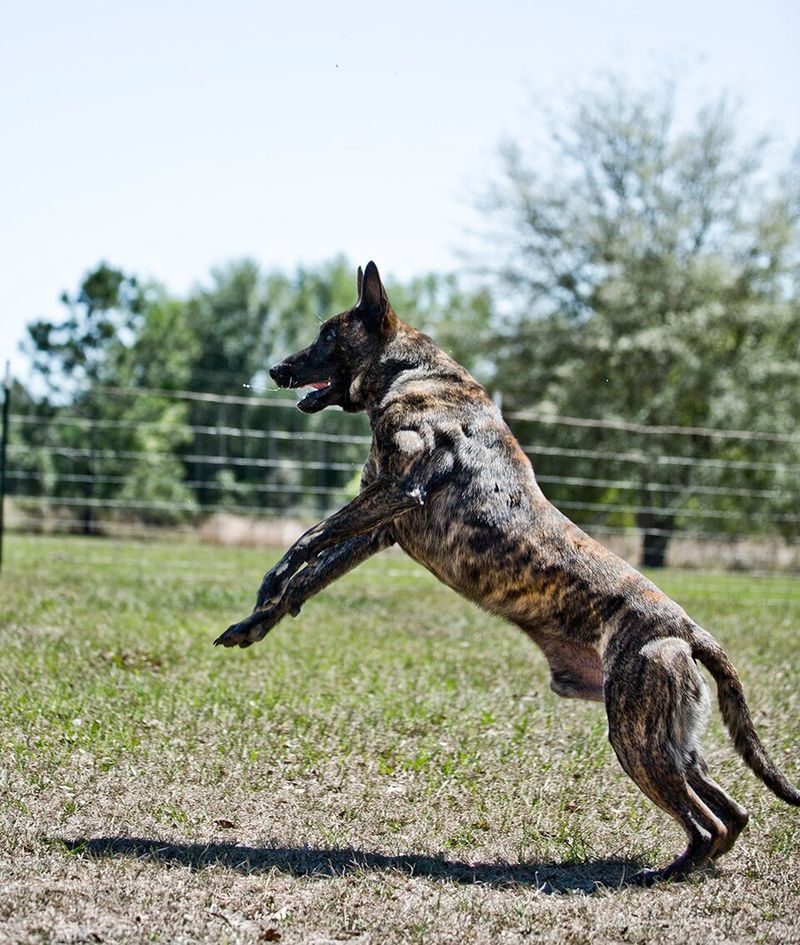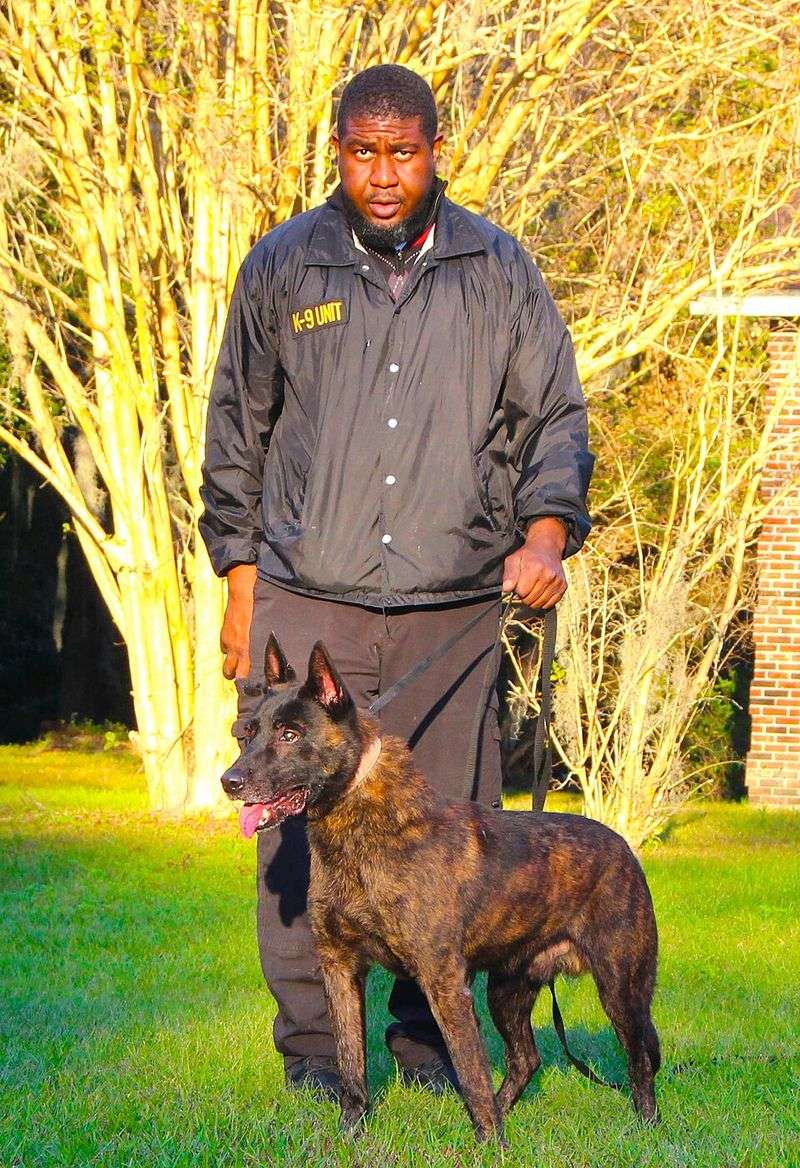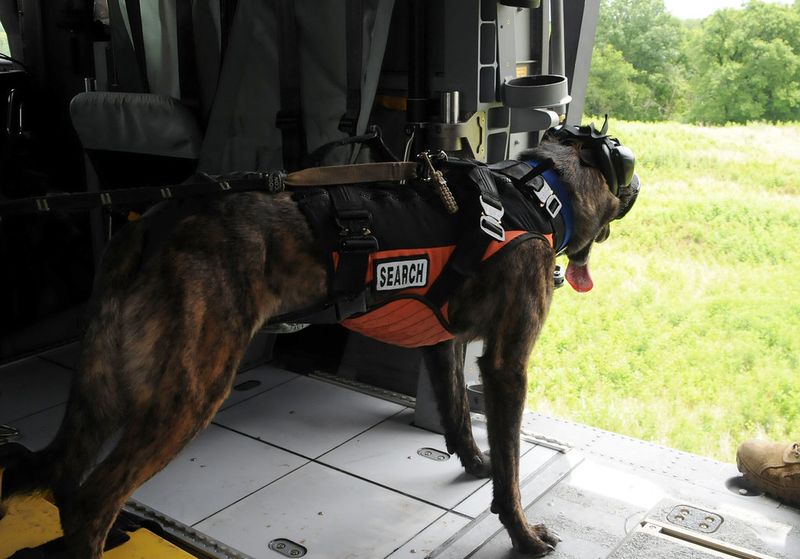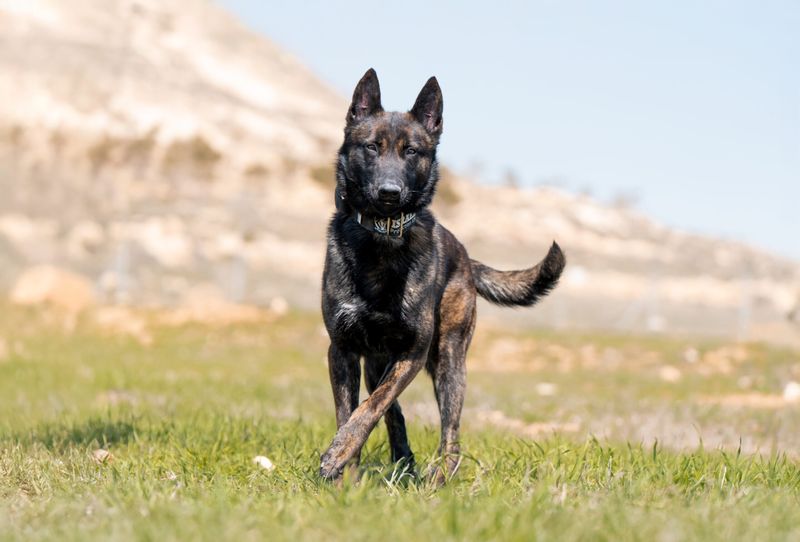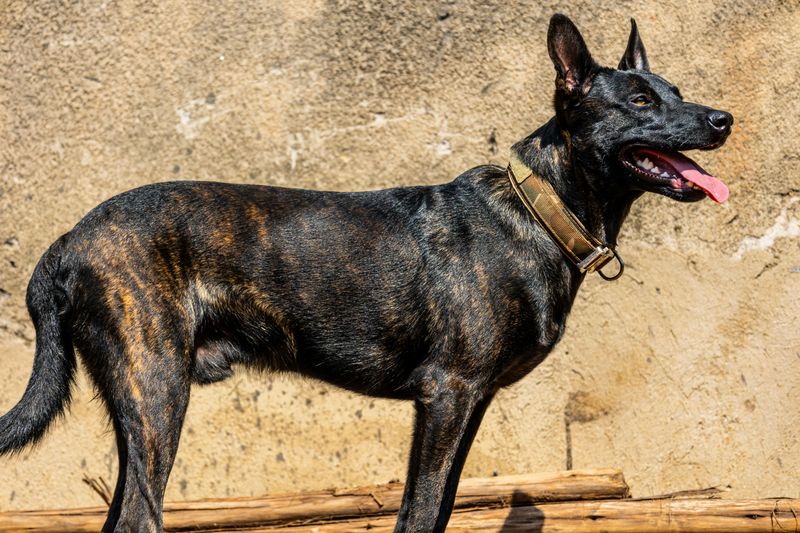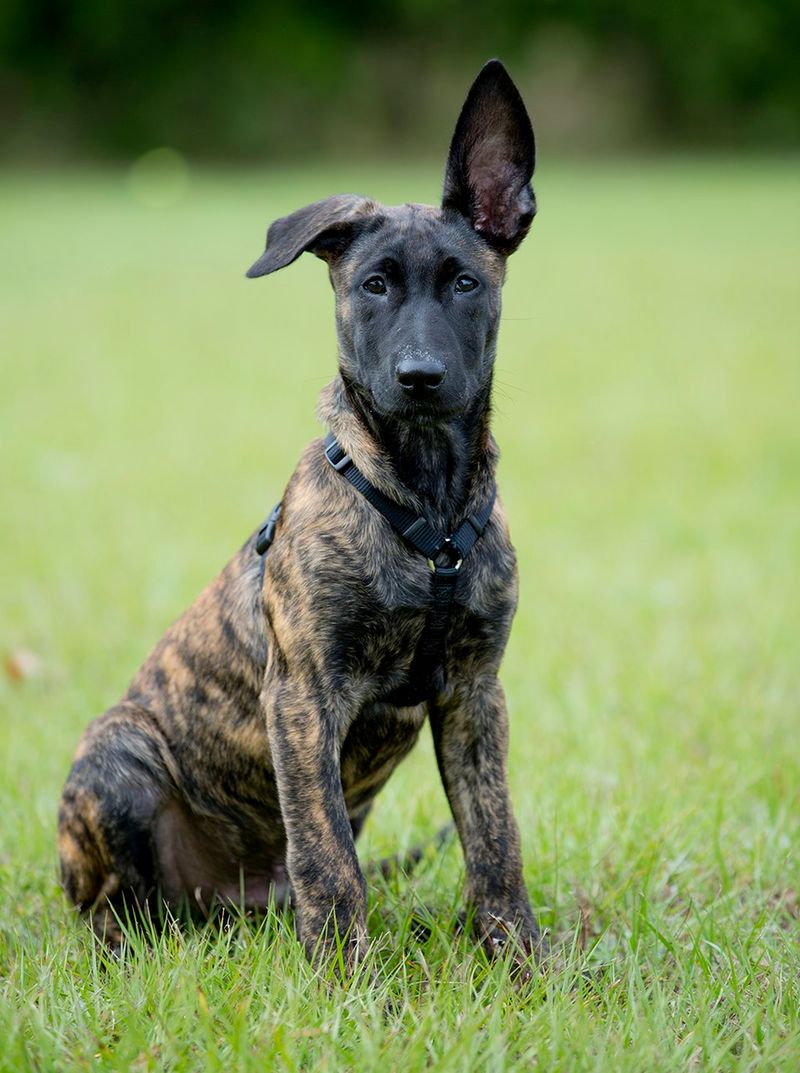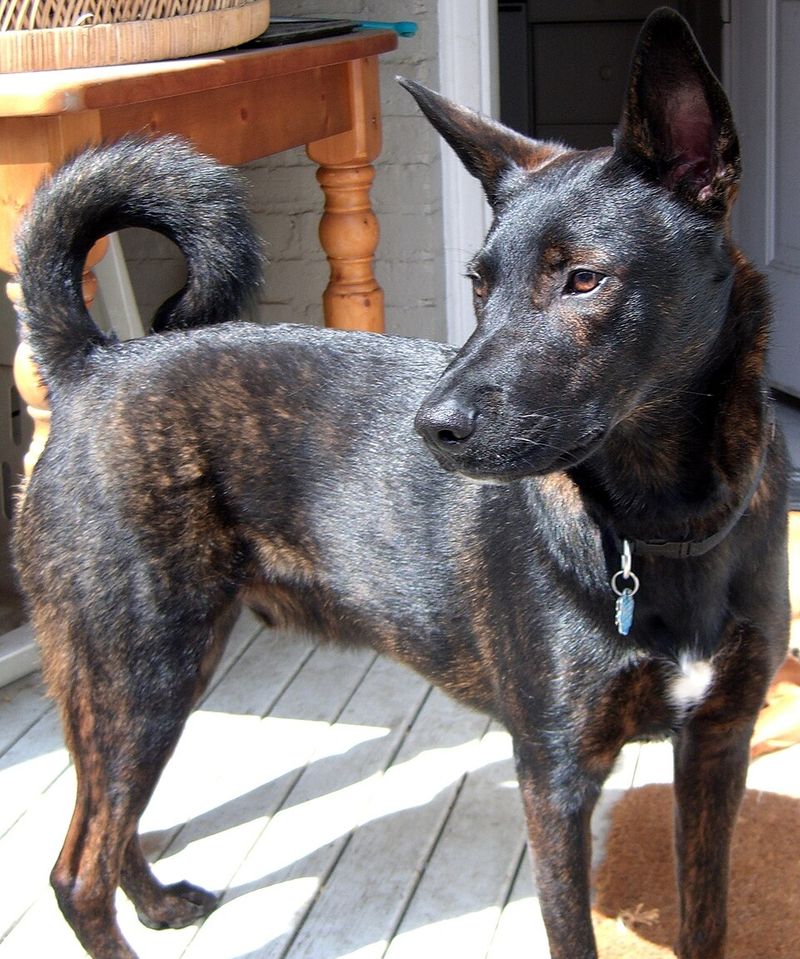Looking for a loyal, intelligent partner that can keep up with your lifestyle? Dutch Shepherds blend extraordinary versatility with a down-to-earth temperament, making them standouts among working breeds. This guide reveals surprising facts, from their herding origins to modern real-world roles. Read on to discover whether this dynamic, devoted dog is the perfect match for your home and heart.
Origins in the Netherlands
The Dutch Shepherd originated in the Netherlands during the 19th century, bred primarily for herding and farm work. Versatility was the hallmark: they guarded flocks, pulled small carts, and protected homesteads. Their brindle coat helped distinguish them from wolves in low light, aiding shepherds in the field. As agriculture modernized, the breed’s role evolved, yet their adaptable nature remained invaluable. Unlike some counterparts, Dutch Shepherds retained a balanced temperament and agile frame. Today’s dogs still carry the legacy of practical problem-solving, stamina, and keen observation—traits shaped by generations of farmers who needed one reliable, all-purpose canine teammate.
Distinctive Brindle Coats
Dutch Shepherds are famous for their brindle pattern across short-, long-, or rough-haired varieties. The brindle serves both function and flair, providing camouflage in fields and forests. Colors range from gold to silver brindle, with breed standards emphasizing clarity of striping. Coat type influences grooming needs and weather tolerance, but all maintain a sleek, athletic silhouette. Responsible breeders aim for healthy skin and coat quality rather than extreme appearances. While similar to the Malinois or German Shepherd, the Dutch Shepherd’s striping is a visual signature. This unique look complements their alert expression and fluid, efficient movement in work and sport.
High Intelligence and Trainability
Dutch Shepherds excel at learning complex tasks quickly, making training both rewarding and essential. They thrive when given clear structure, consistent reinforcement, and meaningful work. Because they’re highly perceptive, they can anticipate routines and read subtle handler cues. Positive reinforcement, engagement, and variety prevent boredom and frustration. Their intelligence makes them suitable for obedience, scent work, detection, and service roles. However, sharp minds need guidance; without direction, they may invent their own activities. Balanced training builds confidence and manners while preserving enthusiasm. With a thoughtful approach, you unlock a cooperative, focused partner who loves solving challenges alongside you daily.
Exercise Needs and Mental Enrichment
This breed isn’t content with a quick stroll; they need robust physical exercise plus mental challenges. Daily high-energy activities—like fetch, hiking, or structured running—help channel stamina. Equally important are puzzles, scent games, and obedience drills to tire their minds. Without appropriate outlets, they may become vocal, restless, or destructive. Short, focused training bursts keep engagement high and frustration low. Rotate activities to prevent predictability, and include rest days to aid recovery. A well-structured routine fosters calmness at home. When their body and brain are satisfied, Dutch Shepherds display an easy, affectionate presence and balanced behavior around family.
Versatility in Modern Work
Dutch Shepherds thrive in varied working roles, from police K9 and search-and-rescue to detection and service tasks. Their alertness, athleticism, and problem-solving shine under pressure. They transition seamlessly between tracking, obedience, and protection, displaying stability and control. Handlers value their clear-headed responses and willingness to learn. In SAR, their drive pairs with precision; in detection, their persistence uncovers subtle scents. They’re also seen in competitive obedience, IGP, and ring sports. Proper selection and training are crucial, ensuring matches between temperament and job demands. This versatility reflects their heritage: a multi-purpose farm dog built to pivot as needs arise.
Temperament: Loyal and Even-Keeled
Expect a devoted, watchful companion with an even, confident temperament when well-bred and socialized. Dutch Shepherds bond tightly with their families and typically show reserved politeness with strangers. They’re not naturally aggressive; instead, they assess situations thoughtfully. Early, positive exposure to people, places, and surfaces builds resilience. Clear boundaries help channel protectiveness into appropriate behavior. Their affection is sincere rather than clingy, and they appreciate purposeful interaction. With children, supervision and training encourage gentle manners on both sides. When temperament is prioritized over extremes, you get a steady, trustworthy dog suited to active households that value partnership.
Grooming and Coat Care
Grooming varies by coat type: short-haired needs regular brushing to remove dead undercoat, while long and rough coats require more frequent detangling. Seasonal shedding can be intense, so plan for extra brushing during spring and fall. Bathing should be occasional to preserve natural oils. Nails, ears, and dental care are routine essentials. A slicker brush, undercoat rake, and comb cover most needs. Check skin for hot spots or irritation, especially in active dogs. Balanced nutrition supports coat condition. With consistent care, the coat remains healthy, protective, and low-odor, reflecting the breed’s roots as an all-weather, working partner.
Health and Longevity
Generally robust, Dutch Shepherds benefit from responsible breeding and health screening. Common checks include hips, elbows, thyroid, and inherited eye conditions. Some lines may face sensitivity to anesthesia or allergies, so consult knowledgeable veterinarians. A balanced diet, weight management, and joint support help preserve agility. Regular conditioning prevents overuse injuries in sporty dogs. Mental well-being is equally vital; stress reduction supports immune health. Many live 12–14 years, an admirable span for an athletic medium-large breed. Choose breeders who prioritize genetic diversity and transparent testing to stack the odds for a long, energetic, and joyful life together.
Living Space and Lifestyle Fit
While adaptable, Dutch Shepherds do best with active owners who enjoy daily exercise and training. A fenced yard helps, but meaningful engagement matters more than size. Apartment living can work if you meet their exercise and mental needs consistently. They typically coexist with other pets when socialized carefully. Their moderate vocalization and alertness suit attentive households. Travel and adventures are welcome; they adjust well to new environments. Expect a partner in your hobbies, not a couch ornament. If you want a dog that thrives on teamwork and routine, this breed’s energy and loyalty can enrich your lifestyle profoundly.
Choosing a Breeder or Rescue
Seek ethical breeders who health test, socialize puppies, and emphasize stable temperament over extremes. Ask about working aptitude, living conditions, and long-term support. Meet adult relatives when possible to gauge temperament and structure. Contracts should detail health guarantees and return policies. Alternatively, rescues and breed-specific organizations can match experienced handlers with suitable dogs. Be candid about your lifestyle and training goals. Avoid impulsive purchases or purely aesthetic decisions. The right match sets you up for years of success, ensuring your Dutch Shepherd’s talents are nurtured responsibly while you gain a loyal, capable companion for life.

